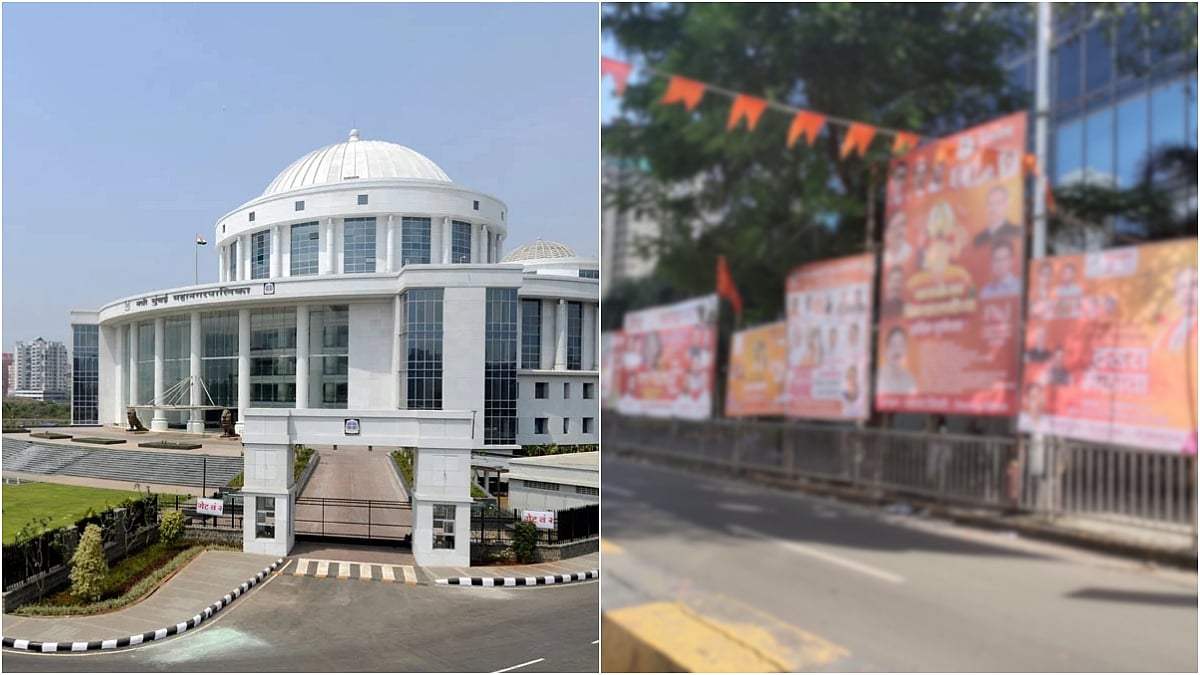Author: Malika Amar Shaikh
Translated by: Jerry Pinto
Publisher: Speaking Tiger
Pages: 200
Price: Rs. 399
WHY SOMEONE WANTS TO DESTROY HERSELF
Malika Amar Shaikh’s autobiography Mala Uddhvasta Vhaychay (I Want to Destroy Myself) was originally published in Marathi in 1984. Instantly, it became a hit and was talk of the town. The book shocked the progressive circle, Dalit movement and Marathi literary circle.
The autobiography was published when women’s movement was at its peak. Women’s were asserting for their rights. Similarly; Dalit, tribals and workers movement was also demanding their rights.
Also Read : Only Humans Need Apply-Review
Everyday something or other was happening on the political and social front. Malika, questioned the patriarchy and masculinity through her memoir. The hero and villain of the book was none other than her husband and a firebrand leader of Dalit movement Namdeo Dhasal.
Now Malika’s memoir, I Want to Destroy Myself, is translated in English by Jerry Pinto. Translating book is not easy and that too of a woman, who had a traumatic marriage and that too with a celebrated poet, who challenged the Marathi literary circle with his new generation rebel poem.
Namdeo was hero to lakhs of Dalit and downtrodden people. He had formed Dalit Panther to galvanise Dalit sentiment and aspirations. He remained activist throughout. He was influenced by leftist ideology. Dalit Panthers’ inspiration came from Black Panther movement and Black literature of USA, who fought for the rights of black in the US. Golpitha (1972) was his first collection of poems and it took Marathi literary circle by storm.
Malika’s parents were communist. Father Amar Shaikh was a trade union leader and a folk singer. In the late 1950s and 1960s, thousands of people used to gather to listen to Amar Shaikh’s song. Malika’s mother was also an activist. Amar Shaikh’s marriage was also not smooth.
Read More : Violence, Nationalism and Gender: Review
She was from upper caste and so there was resistant from her side. But, both of them were committed party workers. Their home was open to everyone. Progressive writers, artists used to visit their house even after Amar Shaikh’s tragic death in an accident.
Malika’s elder sister got married to a progressive left leaning writer Anil Barve. Namdeo was Anil’s friend and so he also used to visit their house in Saat Rasta. Malika got attracted to Namdeo at a very young age. Malika also used to write poem. But, Namdeo was a celebrated poet.
Malika’s marriage to Namdeo crumbled soon. She gave birth to son Ashu. Later she became pregnant three times but Namdeo’s infidelities and his snatching away of Ashu had poisoned Malika so thoroughly that she did not want to bear any more of his children.
Namdeo was an absent husband and father- given to drink, womanizing and violence—and uninterested in his family. Malika decided couple of times to stay away from Namdeo but he would repent his actions and his negligence, and they would make up. He was brought up in Kamathipura.
His visit to prostitutes continued. Malika suffered and had to take treatment. Namdeo died in 2014.
She writes. “I have peeled away the skin of my life and served it up to you. Some may say this fruit is inedible but that does not matter…” Malika further says, “Why should my life be a sacrifice to one man? I am a woman, a force of nature. I am a symbol of all this, this overarching, overwhelming, bliss-soaked nature. I rise, casting off the old, a snake that has moulted”.
Many women have written their memoirs and in which they have rightly criticized their husbands’ patriarchal attitude. Malika was under impression that Namdeo fell in love with her voice. But, after their marriage Namdeo did not support anything she tried. When she will pick up tanpura for riyaz, he would mock. When she sang he would shout ‘shut up’. Namdeo also beat her several times.
Malika was surprised with Namdeo when he supported Emergency or his moving towards right wing politics. He used to bring lot of money at a time. This also puzzled her. Their initial years were a traumatic experience for Malika.
Some time she had no money to eat and get treatment. Namdeo’s colleagues used to visit and many time they used to stay with them. They had to be offered food and tea. Namdeo used to take care of everything of many of his followers.
His family and friends were taking advantage of him. According to Namdeo decorating the house, making it look a little better, were bourgeois dreams. Malika used to question then how come eating at the Sun n Sand hotel, smoking cigars and drinking expensive liquor, taking taxis everywhere, is revolutionary act?
Author observed,” Fame acquired quickly is neither very real nor it is long lasting. It was my opinion that the newspapers had conspired to wreck the movement and those with entrenched interests had provided the fuel. There are two ways to hurt someone politically: one is to ignore them and the other is to praise them disproportionately”. Finally Dalit Panther was split.
The issue Malika raises through her book is how even ‘progressive’ husbands treat their wife’s badly. The patriarchal attitude becomes visible within the four walls of the house. For social and gender equality patriarchal values need to go. The book is a must read for the women and Dalit activists, students, researchers and those who believe in the gender equality.










